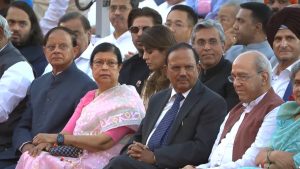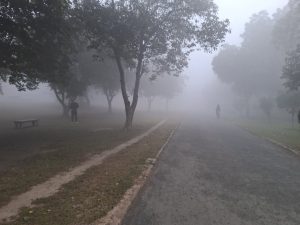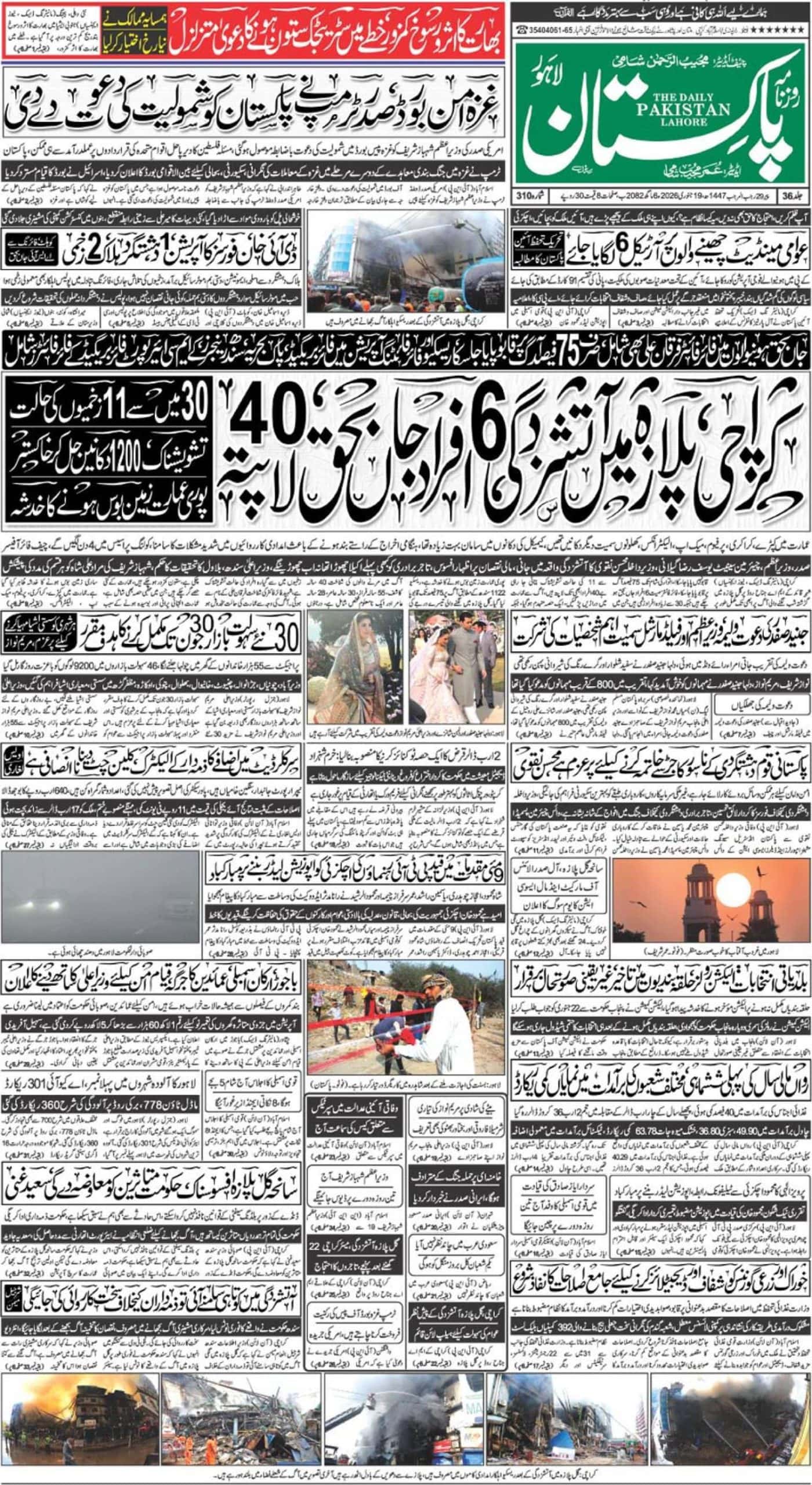As Pakistan grapples with an unprecedented economic crisis, the relentless rise in inflation has pushed many citizens to the brink, leading to a worrying surge in suicide rates. The burden of skyrocketing living costs, coupled with a recent hike in electricity tariffs, has created a climate of despair, with tragic consequences.
The federal cabinet’s recent approval of a 5.72 PKR per unit increase in the basic power tariff, implemented on July 1, 2024, has exacerbated an already dire situation. Electricity costs now range from Rs. 22 to Rs. 65 per unit, a significant strain on households already struggling to make ends meet. Meanwhile, inflation in June 2024 climbed to 12.6%, up from 11.8% in May, with housing costs surging by 2.3% and food prices by 1%. This relentless financial pressure has sparked anger and fear among citizens, many of whom are finding it increasingly difficult to survive.
The rising cost of living has not gone unchallenged. On July 26, 2024, Jamaat-e-Islami (JI) led a protest in Islamabad, drawing attention to the government’s failure to control inflation. The demonstration, supported by Jamiat Ulema-e-Islam (JUI-F), saw leaders like Aslam Ghori condemning the dire situation. “People are committing suicide because of inflation,” Ghori stated, capturing the desperation felt by many.
This tragic link between economic hardship and suicide is well-documented. French sociologist Émile Durkheim’s concept of “anomic suicide” explores how societal upheaval and economic crises can drive individuals to take their own lives. Pakistan is now witnessing this phenomenon firsthand. Studies indicate that major depressive disorder is rampant, often fueled by unemployment, financial distress, and the pervasive hopelessness that comes with economic instability.
Since the political turmoil of 2022, Pakistan’s economy has been on a downward spiral. Business analyst Ali Khizar paints a bleak picture: “Pakistan is experiencing one of the highest inflation rates in its history, coupled with negative economic growth. The employment crisis, escalating social unrest, and relentless inflation are driving more people into life-threatening poverty, ultimately leading to a rise in suicides.”
These are not just numbers or abstract concepts; they represent real lives and heartbreaking stories. Muhammad Hussain, a laborer in Rawalpindi, was recently billed Rs. 15,000 for electricity in a home where he only uses one fan and a bulb. “This is torture,” he said, showing his torn clothes and worn-out shoes. “I don’t even have money for food, let alone new shoes.”
Tragically, such stories are becoming more frequent. In Gujranwala, an elderly woman named Razia Saeed ended her life after spending her savings on a Rs. 10,500 electricity bill, unable to afford the surgery she desperately needed. In Faisalabad, 35-year-old Muhammad Hamza shot himself after receiving an unaffordable Rs. 40,000 electricity bill. In Taxila, Malik Tahir, unemployed for months, took his life under the weight of insurmountable financial pressures.
These tragic incidents underscore the severe human cost of the economic crisis. Activists are urging the government to address the root causes of this despair, calling for urgent reforms in the energy sector, better fund allocation, and improvements in agriculture to stabilize the economy and ease the burden on ordinary citizens.
Without decisive action, experts warn that Pakistan’s current wave of despair will only deepen, leading to more lives lost to the silent epidemic of economic-driven suicides. The time for change is now, before the nation loses more of its people to a crisis that can and must be addressed.














